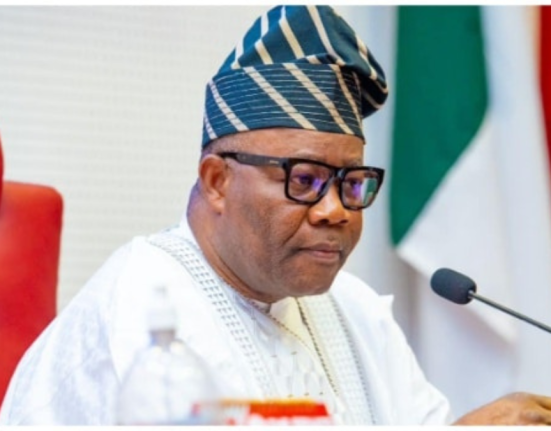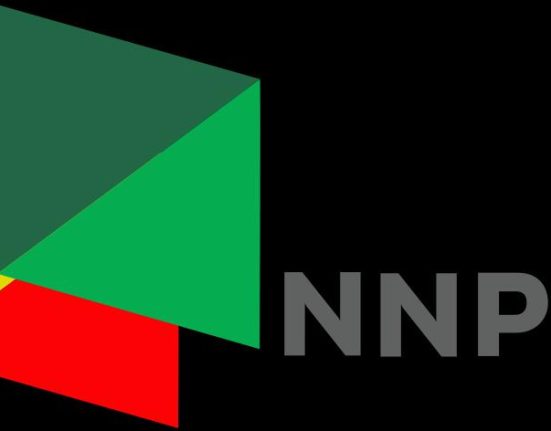Nigeria has successfully collected more than ₦600 billion in Value Added Tax (VAT) from global digital service providers, including Facebook, Amazon, and Netflix. This milestone follows amendments to the VAT Act, which empowered the Federal Inland Revenue Service (FIRS) to bring non-resident companies offering services in Nigeria into the tax net. These firms, though not incorporated in Nigeria, are now registered locally and designated as VAT collection agents. Officials say the move aligns with global best practices, ensuring that taxes are paid on services consumed within Nigeria, even when delivered by foreign companies.
At a recent media workshop in Abuja, Mr. Mathew Osanekwu, Special Adviser on Tax Policy to the Chairman of the Tax Reforms Committee, explained that the VAT collections demonstrate Nigeria’s growing ability to adapt its tax system to the realities of the digital economy. He noted that the initiative has expanded Nigeria’s revenue base without imposing new taxes, countering speculation that the Tinubu administration is overburdening citizens.
Also speaking at the event, Chairman of the Presidential Committee on Fiscal Policy and Tax Reforms, Professor Taiwo Oyedele, clarified that President Bola Tinubu’s fiscal reforms have not introduced additional taxes. Instead, he said, the reforms are designed to ease the burden on low- and middle-income earners while ensuring fairness in the system. He pointed out that many of the levies being debated in public, including the controversial five per cent fuel surcharge, are long-standing provisions of Nigerian law and not new creations of the current government.
Oyedele reminded participants that in July 2023, barely two months into office, President Tinubu signed four executive orders suspending taxes that had been hurriedly introduced at the end of the Buhari administration. These included excise duties on plastics and vehicles, which never took effect because of the suspension. He also clarified that other contentious levies, such as the Cybersecurity Levy, pre-dated the administration.
The government has now shifted the full implementation of the new tax framework to January 2026, in response to concerns that immediate enforcement could worsen living costs. The reforms are aimed at consolidating multiple taxes, eliminating overlapping charges, and tying levies to transparent, project-linked spending. According to Oyedele, the framework is progressive, protecting vulnerable groups while fairly taxing wealthier citizens.
Among the key provisions are new income tax thresholds under which Nigerians earning less than ₦800,000 annually will be exempted from taxation. Similarly, small businesses with turnover under ₦100 million a year will enjoy a zero per cent corporate tax rate. Essential items such as food, healthcare, education, transport, and accommodation will also be exempt from VAT, further easing the financial burden on households.
Nigeria’s tax-to-GDP ratio currently stands at about 10.8 per cent, one of the lowest in the world and well below the African average of 16 per cent and the global benchmark of 30 per cent. The government hopes that the reforms, alongside the inclusion of foreign digital firms in the tax net, will broaden revenue sources, strengthen compliance, and reduce the country’s reliance on volatile oil earnings.








